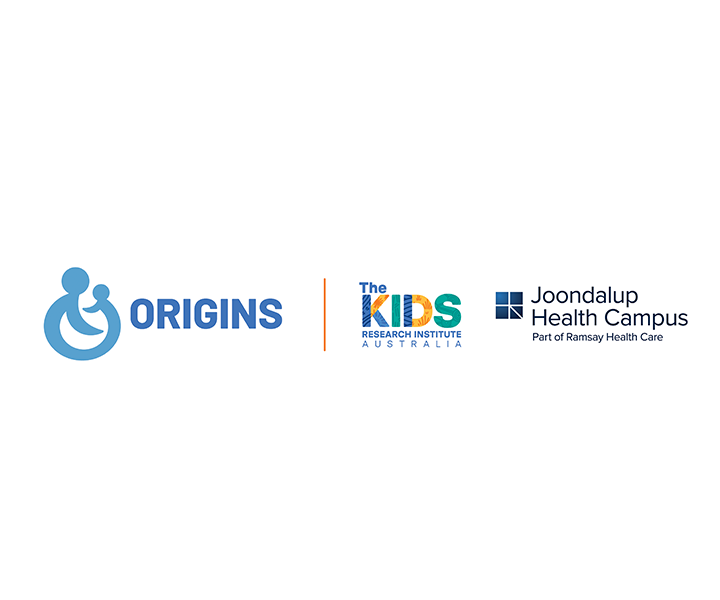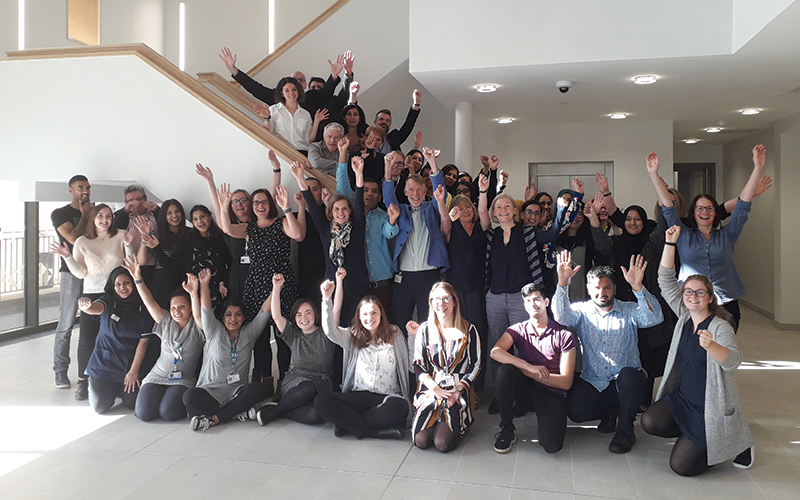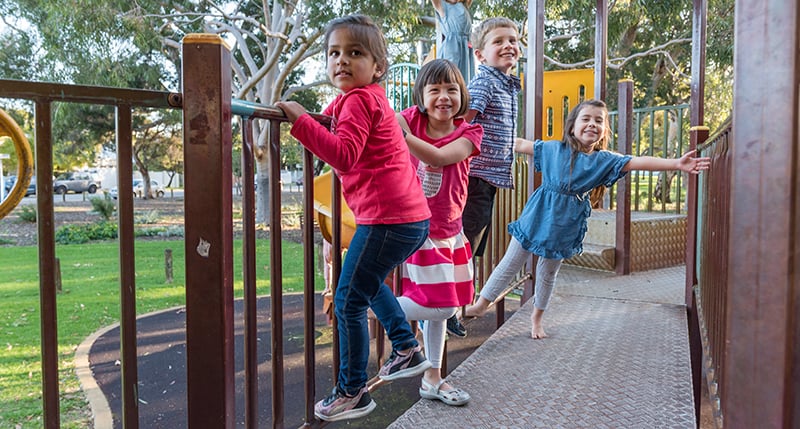Search

ORIGINS is the largest study of its kind in Australia, following 10,000 children, from their time in the womb, over a decade to improve child and adult health.

Researchers leading WA’s landmark ORIGINS Project have spearheaded a global network that will see them join forces with similar interventional cohort studies across the world to maximise data collection and learnings for
Research
Attention Deficit Hyperactivity DisorderAttention deficit hyperactivity disorder (ADHD) is the most commonly diagnosed childhood mental health disorder, affecting about 1 in 20 children. It can impact their behaviour, learning and social skills.

News & Events
COVID-19 risks explained for babies, children and pregnant womenMany parents may be feeling anxious and confused about what COVID-19 means for pregnant women, babies and children.

News & Events
State Government boost for vital child health researchEight The Kids Research Institute Australia-led projects will benefit from a Western Australian Government boost to health research for the State’s children and young people.

News & Events
SYMBA study boosted by WA Child Research FundORIGINS' SYMBA study awarded State Government grant to extend vital research into allergies

News & Events
Join The Kids for real-life research at Telethon 2019As one of Telethon’s long-standing beneficiaries, we are proud to once again be taking part in Telethon Weekend on 25 and 26 October at the Perth Convention and Exhibition Centre.

News & Events
It’s not just physical illness that will have an impact: A ground-breaking study is investigating the effect of COVID-19 on community wellbeingIn an Australian-first study, researchers at The Kids Research Institute Australia are investigating the effects of COVID-19 on the wellbeing of more than 2,000 families in the northern suburbs of Perth, measuring their perceived stress, financial hardship and family functioning during the pandemic.

News & Events
ORIGINS Project shines light on Early Childhood DevelopmentA collaboration between The Kids Research Institute Australia and Joondalup Health Campus is poised to be a game-changer for early childhood development.

News & Events
ORIGINS family finds comfort and communityA Quinns Rocks family who became the 1000th family to sign up for the ORIGINS Project is excited to be contributing to such ground-breaking research.
